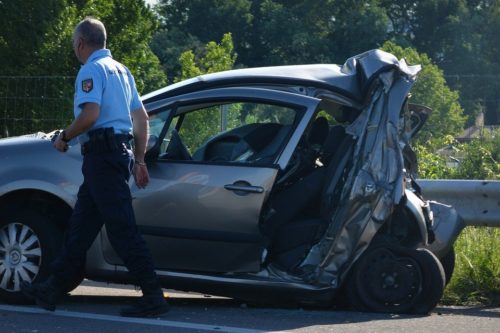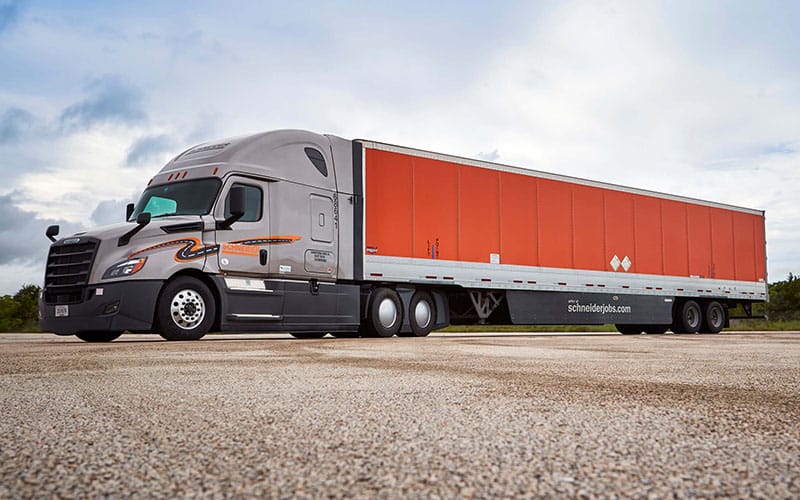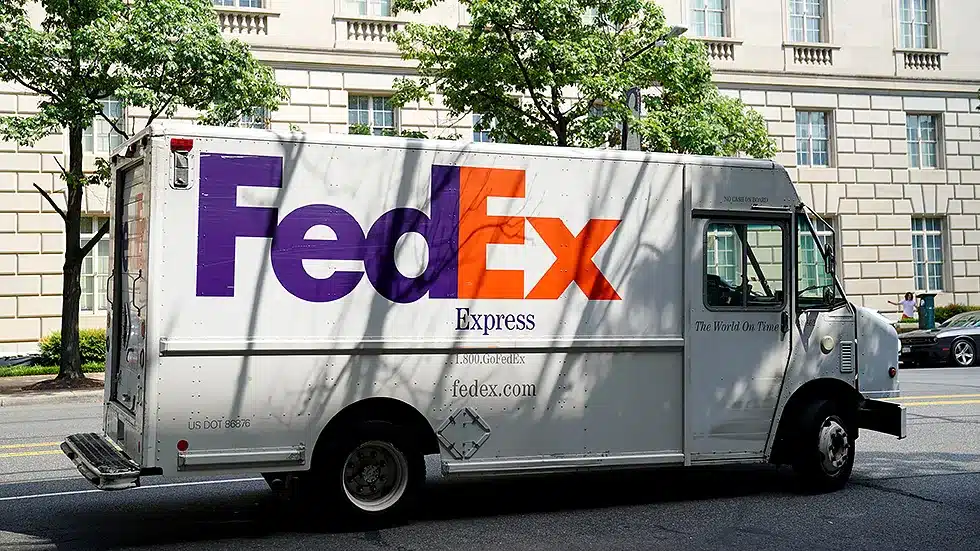When a driver is in a car accident and has collision coverage on their vehicle, they have two options. They may pursue a personal injury claim against the at-fault driver, or they may go through their insurance provider and use their collision coverage to obtain compensation.
This insurance policy may cover the property damage sustained in the crash, regardless of which driver was at fault. There are both advantages and disadvantages to using this coverage. Therefore, before any driver decides on whether or not to use their insurance, they should consult with an experienced attorney.
BENEFITS OF USING COLLISION COVERAGE AFTER A CRASH
One of the greatest advantages of using collision coverage after a car wreck is that these claims are typically settled much more quickly than personal injury cases. In a civil claim, the plaintiff must prove another driver was at fault. Proving negligence can take a great deal of time because a claimant must collect evidence and build a strong case with their lawyer.
These steps are not necessary when filing a claim with a person’s own insurance company. As such, the process is much quicker, and a policyholder may receive the compensation they need much faster.
Another advantage of using collision insurance following a crash is that the driver does not then have to speak to the other party’s coverage provider. The opposing party’s insurer may use several tactics to deny, reduce, and delay the claim. As a result, some injured claimants do not receive the full amount of compensation they should. When using collision coverage, drivers only have to speak to their own insurance company, which is much safer and can still provide the maximum amount of compensation available.
POTENTIAL DISADVANTAGES TO USING COLLISION INSURANCE
When using collision coverage, injured drivers may be limited to the maximum amount of their insurance policy, which could be a problem if their losses exceed this limit. Sometimes, an individual’s policy is not enough to fully repair their vehicle, and when that is the case, they could end up paying the remaining balance out of pocket. Many collision policies also do not provide coverage for valuable belongings inside the vehicle, such as laptops, luggage, and anything else that is not permanently installed in the car.
It is also important to remember that when motorists go through their own insurance policy, they usually have to pay a deductible. This means if someone’s insurance provides for $5,000 in coverage but has a $1,000 deductible, the driver receives only $4,000 and must pay the rest on their own. Through a personal injury claim, those injured in a car accident may claim the full amount of their losses.
CALL A CAR WRECK ATTORNEY FOR LEGAL ADVICE
The decision to file with your own insurance company or that of the at-fault driver after a car accident can be a difficult one. Fortunately, a lawyer could help you following a wreck.
After reviewing your case, an attorney could determine how much your insurance company may provide and whether it is worthwhile to file a claim. More importantly, a lawyer could hold your insurance company accountable for paying the full amount in collision coverage after a car accident.







